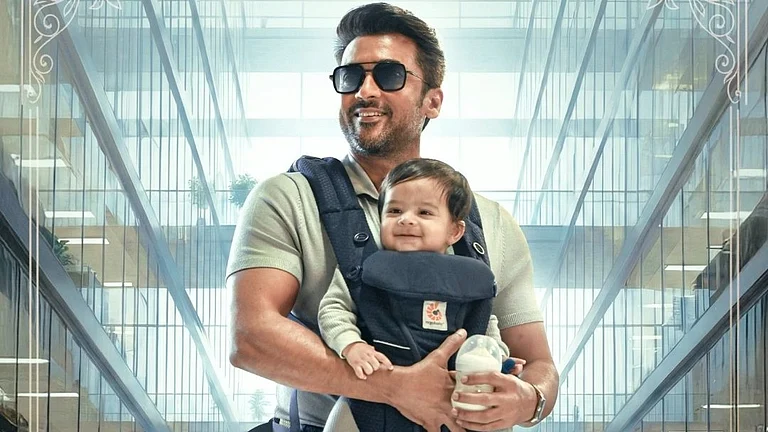Send these images of me through the internet out into the universe, where I will continue my out-of-body existence.”
—David Cronenberg, Consumed
After posting that new photograph of himself on both Facebook and Instagram, he sporadically kept on checking them to see if there were any comments, new ‘likes’, and if so, who had posted them. He had fallen in love with this image of himself, so much so that he spent the whole day looking at it, imagining what kind of effect it would have on the women he knew admired him. He was surprised that the girl he loved most had not liked it even after 24 hours, and for that reason alone, thought that something might have happened to her. As a result, he considered deleting his post or at least archiving it for a more opportune moment.
Over the last year, he had befriended many women on social media, all of whom centred around him. There were older women—with children and husbands—who gave him moral support and reminded him that he was beautiful. There were younger, clumsy girls who confessed their fascination for him much too explicitly and tactlessly—it was a warning for him to maintain a distance. There were also beautiful feminists who posted about their cats, conferring on them regal names like Humayun or Aurangzeb. They admired him and liked how he looked in photographs and the clothes he wore in them.
There were a few he had truly fallen in love with—as older sisters, mothers, aunts. The young ones—whom he would have liked to meet in the flesh had they lived in the same city—he did not completely trust. Some of the older women he had gotten to know so well that he felt he could touch their skin through the computer screen, or sense how they moved about in their homes, how they spoke to their children, how they cooked and what kind of faces they made when thinking of him.
It was a little odd when one of them would decide to cut ties with him for fear of ruining a marriage, to which he would not know how to respond —in his mind he was only befriending a sister he never had. He had never really known them in the real world, and cutting ties in a world that was half-real, offered something that was at the most anticlimactic, perhaps not even worth acknowledging as a legitimate form of separation. ‘Smileys’ and ‘kisses’ and ‘hugs’ and ‘hearts’ didn’t really mean much, after all. Parting only meant some form of cyber erasure, deleted messages, archived chats. All he really needed to do was deactivate his social media accounts and those people would vanish; it’s not like they would be knocking on his door the next day.
He soon began to imagine, however, the arrival of a time when we won’t be able to separate our physical selves from our cyber ones, a time when we won’t be able to switch off our social media accounts, even if we wanted to; that by then this cyber dasein would be integrated into our genetic make-up. Surely then, we will no longer be able to discern between a real or a cyber friend or lover, for the difference will hardly exist. We would keep ‘liking’ each other’s posts, ‘unfriending’ each other and will perhaps one day bump into each other in some coffee shop or co-working space, staring at each other from above the hood of our laptops whilst sending an email to some distant star.
(This appeared in the print edition as "Internet Loves")

























